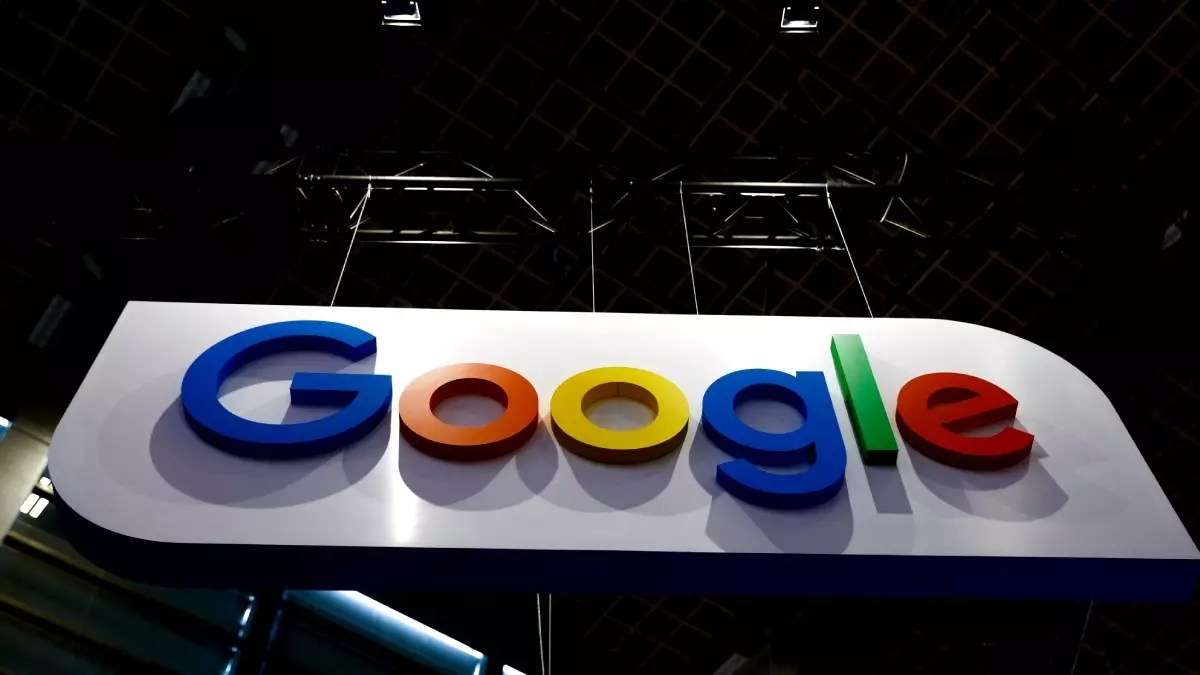The recent antitrust case against Google by the United States Department of Justice has raised significant questions about the search engine giant’s business practices. The government accuses Google of illegally maintaining a monopoly in the search engine market by making substantial payments to device makers, wireless companies, and browser makers. These payments allegedly ensure that Google’s search engine remains the default option, accounting for around 90 percent of the market share.
In response to the allegations, Google argues that the popularity of its search engine is a result of its quality and that dissatisfied users can easily switch to alternative search engines with just a few clicks. The company’s lawyer highlights that competition exists within the search engine industry, as Google has won competitions held by companies like Apple and Mozilla to become their preferred search engine. Furthermore, Google claims that the payments made to partners are compensations for ensuring timely security updates and maintenance of the software.
Google’s defense highlights the fact that users today have more search options and ways to access information online than ever before. The argument is that users who are unhappy with Google’s search engine can simply uninstall the Google app from their devices or use alternative search engines like Microsoft’s Bing, Yahoo, or DuckDuckGo through a web browser. This assertion emphasizes that users have the freedom to choose the search engine that best suits their needs.
In addition to the alleged payments, the Department of Justice claims that Google manipulated ad auctions on the internet to raise prices for advertisers. This manipulation further solidified Google’s monopoly status in the industry. According to the government’s argument, Google’s dominance prevented serious competition, leading to a lack of innovation and attention to other concerns such as privacy.
The Department of Justice also found evidence demonstrating that Google took steps to protect communications regarding the payments made to companies like Apple, indicating an awareness that these agreements crossed antitrust lines. The alleged cover-up raises concerns about Google’s commitment to fair competition and transparency. Critics argue that without effective competition, Google has had fewer incentives to innovate and address issues like user privacy adequately.
One significant aspect of the case is whether Google’s status as the default search engine on various platforms gives the company an unfair advantage. The government’s first witness, Google economist Hal Varian, acknowledged the value of being the default option but did not explicitly address the potential anticompetitive implications. The court will likely consider whether Google’s default status contributes to its monopoly power and restricts consumer choice.
The trial against Google is not only a legal battle; it has significant implications for the future of the internet. If Google is found to have violated antitrust laws, the court will decide how to remedy the situation. Possible outcomes include ordering Google to stop illegal practices or even divest certain assets. This decision will shape the landscape of the technology industry and potentially open doors for increased competition and innovation.
The case against Google joins a list of notable antitrust trials like those involving Microsoft and AT&T. The AT&T breakup in 1982 is credited with fostering competition and innovation in the telecommunications industry. Similarly, the fight against Microsoft in the late 1990s paved the way for newcomers like Google to thrive in the digital realm. The outcome of the current case against Google could have similar far-reaching effects in shaping the future of Big Tech.
The antitrust case against Google raises important questions regarding its alleged monopoly in the search engine market. While Google argues that users have ample alternatives and that its search engine’s popularity stems from its quality, the Department of Justice presents evidence suggesting anticompetitive behavior. The court’s decision will have a significant impact on the tech industry and may determine whether a monopoly threatens the openness and innovation of the internet.


Leave a Reply